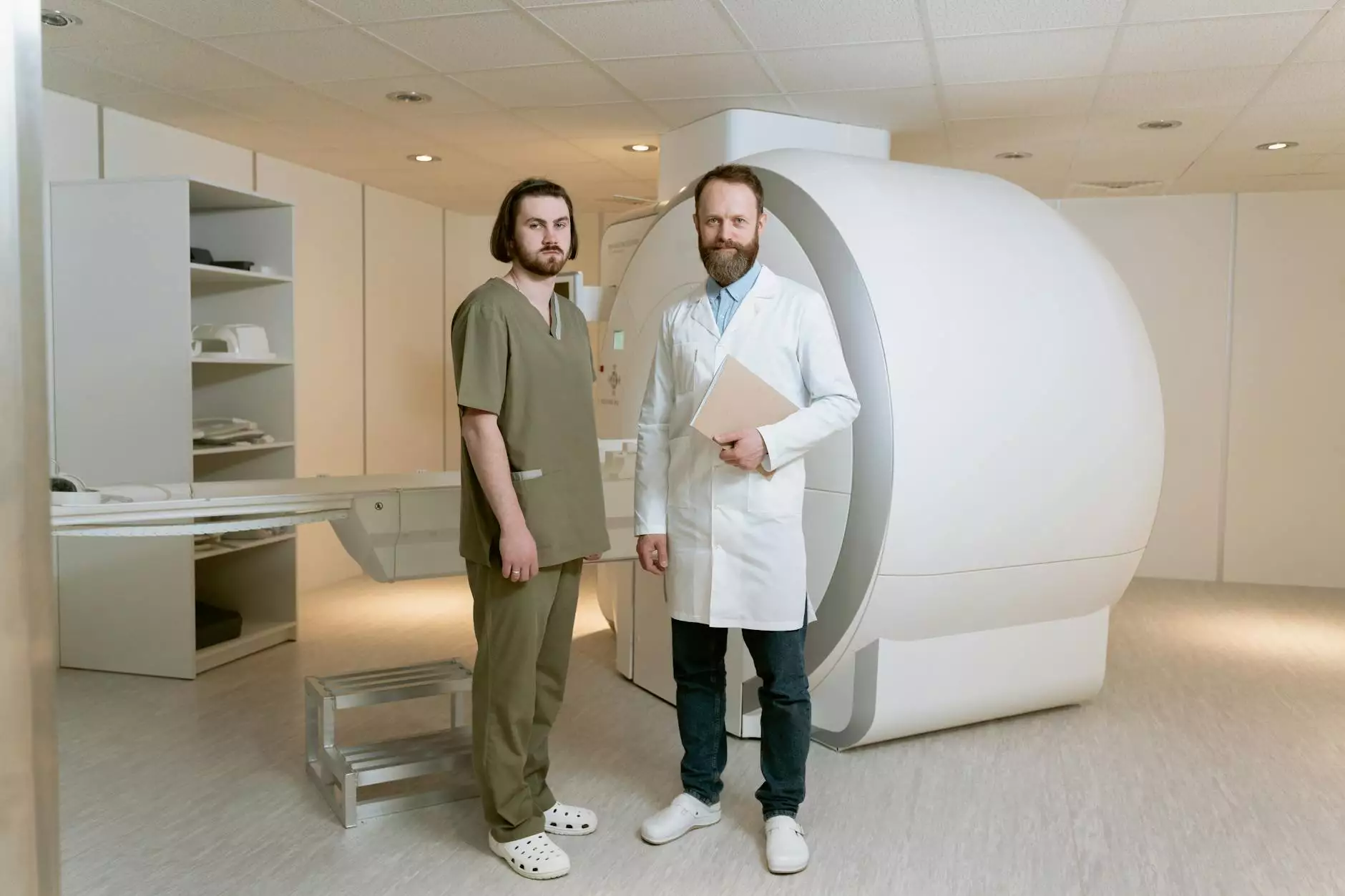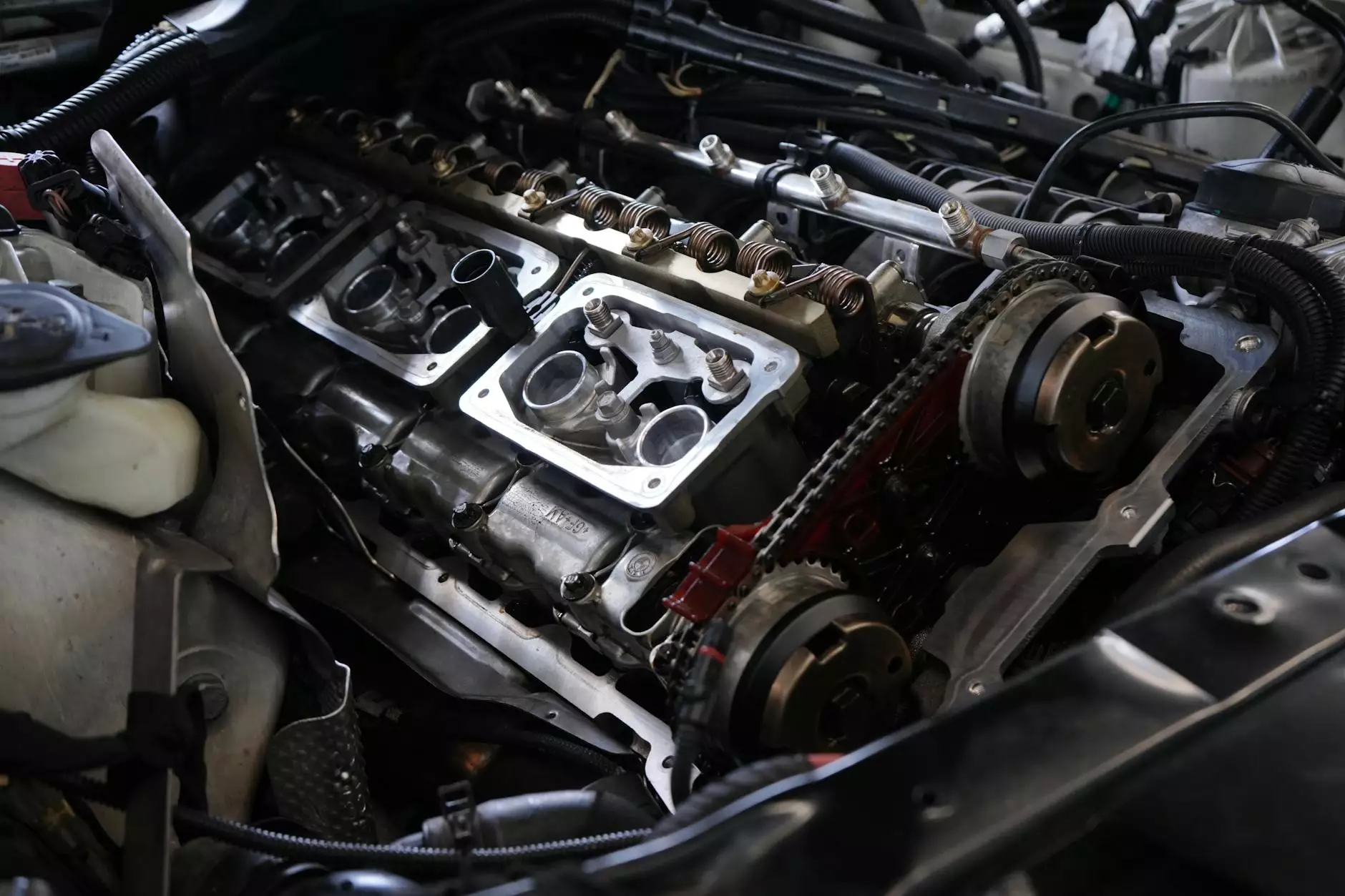Maximizing Diagnostic Efficacy Through Professional MRI Servicing

In the landscape of modern healthcare, MRI machines play a pivotal role in providing accurate diagnostics. However, to ensure that these machines operate at their best, regular and professional mri servicing is essential. This article delves into the significance, best practices, and benefits of MRI servicing in health and medical centers, ensuring you have all the information needed for maintaining these critical diagnostic tools.
Understanding MRI Machines
MRI, which stands for Magnetic Resonance Imaging, is a non-invasive imaging technology used to produce high-resolution images of organs and tissues in the body. The complexity and precise nature of MRI technology necessitate that facilities invest in top-notch mri servicing to maintain quality and reliability.
The Importance of Regular MRI Servicing
Just like any advanced piece of machinery, MRI machines require consistent care and maintenance to function efficiently. Here are some key reasons why mri servicing should not be overlooked:
- Improved Image Quality: Regular maintenance ensures that the MRI machine produces high-quality, detailed images, which are crucial for accurate diagnoses.
- Minimized Downtime: Routine servicing can prevent unexpected breakdowns, ensuring that imaging facilities operate smoothly without interruptions.
- Extended Equipment Lifespan: Just as with any tool, regular servicing can significantly extend the useful life of MRI machines, making the initial investment more justifiable.
- Enhanced Safety: Ensuring that equipment runs safely protects both patients and staff, as malfunctioning machines can pose substantial risks.
- Regulatory Compliance: Many healthcare facilities must adhere to strict regulatory standards. Regular servicing ensures compliance with these necessary regulations.
Key Components of MRI Servicing
Effective mri servicing is comprehensive and covers various components of the machine:
1. Software Updates
The software that runs MRI machines is continually evolving. Staying updated with the latest software ensures that the MRI can operate efficiently, which can lead to improved patient care and operational effectiveness.
2. Calibration and Quality Assurance
Routine checks and calibrations are vital for maintaining image quality. This involves adjusting the machine's settings to ensure optimal functioning, which contributes to precise diagnostic results.
3. Preventative Maintenance Tasks
Preventative maintenance routines can include the following:
- Cleaning of the MRI machine’s coils and other components
- Checking and replacing parts that exhibit signs of wear
- Verifying the cooling systems are functioning correctly
4. Safety Inspections
Ensuring the safety of the MRI machine is paramount. Regular safety inspections should be a staple of any mri servicing regimen, safeguarding against potential hazards.
The Role of Professional MRI Servicing Companies
Partnering with a reputable MRI servicing company like echomagnetservices.com can provide significant advantages:
- Expertise: Professional technicians possess the expertise needed to perform thorough servicing, including understanding the intricacies of MRI technology.
- Support and Training: Many servicing companies offer additional training for staff on proper usage, helping maintain best practices.
- Emergency Support: In the event of an unexpected malfunction, having a reliable servicing partner ensures quick response times and minimal downtime.
Cost Considerations for MRI Servicing
Cost is often a critical factor in deciding how much to invest in mri servicing. While initial costs may seem daunting, the long-term savings through reduced breakdowns, increased uptime, and improved diagnostic accuracy can be substantial. Here are key aspects to consider:
- Service Contracts: Many facilities choose to enter service contracts that cover routine maintenance at a predictable cost.
- Budgeting for Unexpected Repairs: Set aside a contingency fund for unexpected repairs that may arise between servicing schedules.
- Weighing Costs Against Benefits: Consider the direct benefits that come from a well-functioning MRI machine, including better patient outcomes.
Advanced Technologies in MRI Servicing
The field of medical imaging is continuously advancing, reflecting in the technologies used in MRI servicing. Here are a few examples:
- Telemaintenance: Remote servicing solutions are available that allow technicians to troubleshoot issues over a secure connection.
- Predictive Maintenance Software: Utilizing AI and machine learning to predict when maintenance is required can optimize service schedules, minimizing downtime.
- IoT Integration: Internet of Things technology can help monitor the performance of MRI machines in real-time, sending alerts when performance deviates from the norm.
Patient Outcomes and MRI Servicing
Ultimately, the goal of mri servicing is to enhance patient outcomes. By ensuring that MRI machines are operating at optimal performance, healthcare providers can:
- Provide accurate diagnoses leading to effective treatment plans.
- Reduce wait times for imaging services, improving the overall patient experience.
- Enhance patient safety during their imaging procedures.
Conclusion: Prioritizing MRI Servicing for Optimal Care
In the fast-paced world of health and medical diagnostics, neglecting the importance of effective mri servicing can lead to significant challenges. From ensuring consistent image quality to maintaining patient safety and operational efficiency, investing in professional servicing is not just a choice but a necessity. By partnering with experts in the field, such as those at echomagnetservices.com, healthcare facilities can ensure they are offering the best possible care through reliable and precise MRI diagnostics. In today’s competitive medical landscape, prioritizing MRI servicing is a step toward excellence in patient care that cannot be overlooked.









